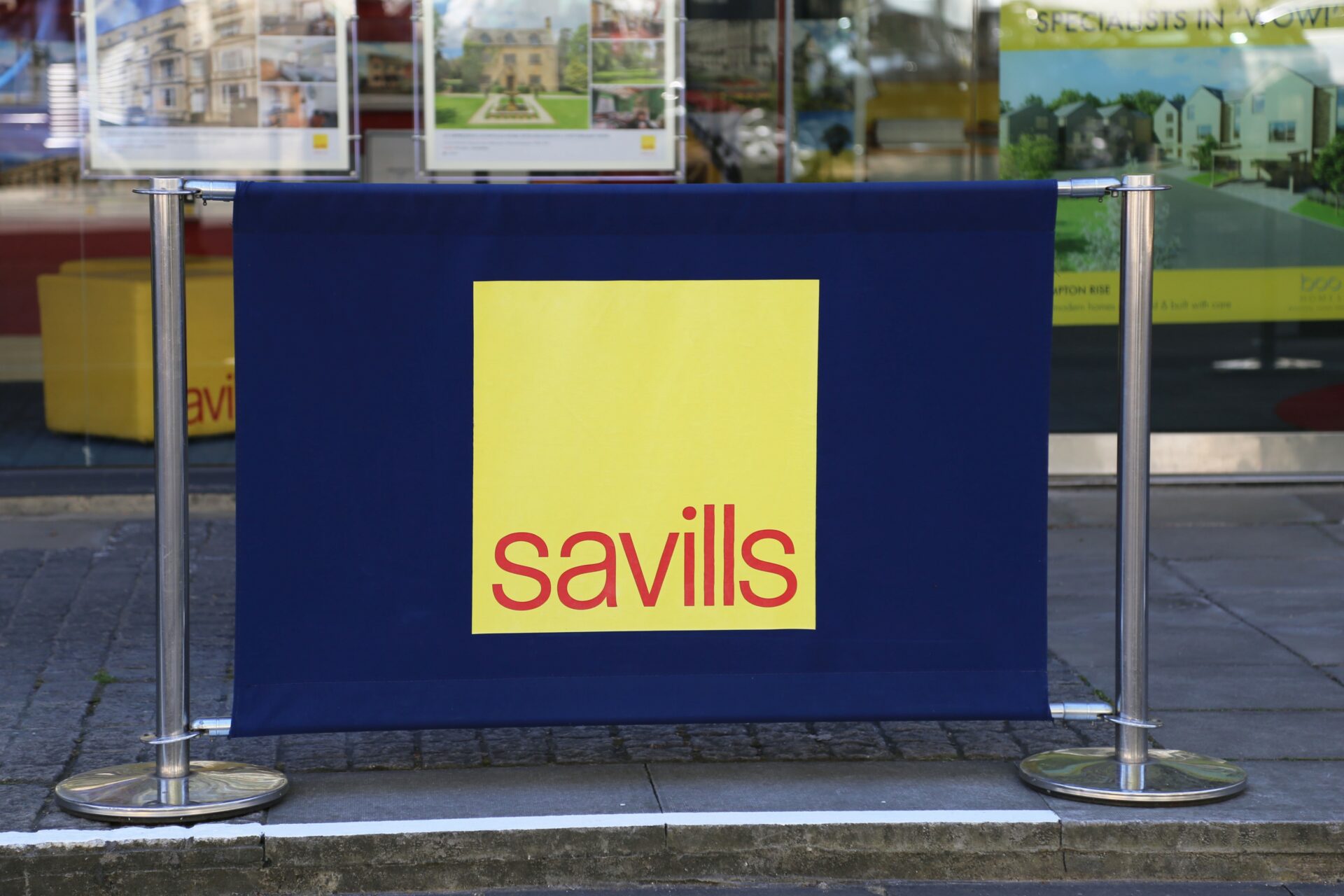Tokyo, New York, and Seoul have been ranked as the top three cities in Savills’ new Workforces Index, which identifies key global talent clusters. The 2024 Impacts programme by the international real estate advisor assessed variables such as working-age population size, net migration, gender equality, worker mobility, regulatory environment, economic growth, and education to determine where skilled workers are concentrated, highlighting future hotspots for global occupiers with real estate needs.
Savills notes that traditional centres like Tokyo, New York, Los Angeles, and London continue to perform well, alongside emerging markets such as Delhi, Shanghai, and Manila. Outside the top 10, Kigali and São Paulo are identified as up-and-coming talent hotspots.
Savills Workforces Index 2024 Overall top 10:
- Tokyo
- New York
- Seoul
- Shenzhen
- London
- Delhi
- Los Angeles
- Shanghai
- Melbourne
- Manila
Kelcie Sellers, associate director in Savills World Research team, commented: “Leading talent clusters offer a balance of attributes for workers and occupiers. The most successful locations have high growth in both the number of white-collar and blue-collar jobs, for example. New ways of working, increased use of technology and emerging industries and locations have transformed the global working landscape over the past decade, and it will continue to evolve – our Workforce Index indicates where the hotspots of tomorrow may be.”
Jeremy Bates, EMEA head of occupational markets at Savills, added: “Global occupiers are more conscious than ever about securing the best talent, and where their future workforces may be based. These occupiers will be looking to grow their footprints in these locations, and therefore the Workforces Index provides a guide to where future requirements may emerge, and consequently where there is the potential need for a pipeline of new, Grade A, sustainable office space.”

















